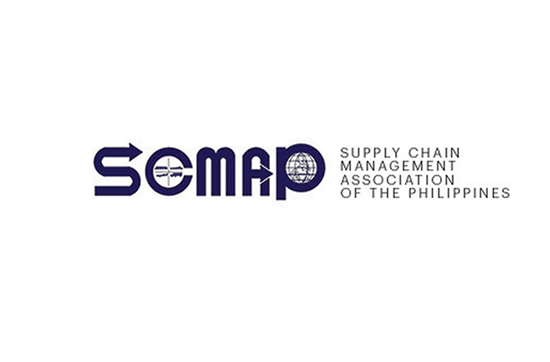It’s probably too early to tell, but there are indications that the rollout of COVID-19 vaccines in countries is having a significant impact in the number of new cases, hospitalizations and deaths. The World Health Organization has reported a 20% decline in global deaths, continuing a downward trend in the number of fatalities (down for three weeks straight) and total cases (down for six weeks straight). The United Kingdom and the United States—countries that have been hit particularly hard by the disease—have seen a similar slowdown once their vaccination drives clicked into place.
Closer to home, Singapore’s and Indonesia’s inoculation drives are very much underway, with the rest of the ASEAN having already received their first batch of doses. Meanwhile, the wrangling continues here in the Philippines—over why the doses we ordered haven’t arrived when they’re supposed to, or whether they can be properly stored and delivered to this archipelago’s every nook and cranny. Add to that the challenge of convincing Filipinos to vaccinate, with several surveys pointing towards distrust of the Chinese-manufactured vaccines the government has procured or of any vaccine altogether, memories of the Dengvaxia controversy still fresh in their minds.
This, as the government continues to figure out how to slowly reopen the economy. A proposal to reopen movie theaters has been shot down due to lack of consultation and continuing anxieties among local governments. Another proposal—to bring the whole country under the least restrictive “modified general community quarantine” tier—was also kiboshed, this time by President Duterte, who insists on a nationwide rollout of the vaccine before this could even be considered.
It goes without saying that the government should act with urgency when it comes to, as the Department of Health’s daily briefings put it, the need to “beat COVID-19 today.” I have said in previous columns that decisively dealing with the pandemic would go a long way in boosting consumer confidence and jumpstarting our economy, the worst-performing in Southeast Asia in the past year. Almost a year in, the response has unfortunately been tentative, and the economic impact has been stark: small businesses closing, unemployment rising, sales falling.
While there have been initiatives to reopen more segments of the economy, consumers are still mostly hesitant to put the pedal to the metal, so to speak. And even if they do, the fact that we’re still wearing face masks and face shields makes a negative impact on the psyche. It still feels like a bother to actually go out and enjoy.
An effective tracing system could have helped regain some of that confidence, but it seems we’ve chosen to focus instead on the vaccine. Yet there’s a feeling that we’ll be left behind on this front, too. Some local governments have been proactive in planning their vaccination programs, but cannot begin due to unavailability of supplies. There also remains the question of how these vaccines can be sent to hard-to-reach places, especially once priority groups have already been inoculated.
Let us reiterate the call for the government to get this right. If we’re to wait on the vaccine before we can slowly reopen the economy, remove the hesitation from consumers and begin emerging from this pandemic, then it must deal with the vaccine with speed and urgency. It is inevitable that we won’t be in the front of the line, but it’s no excuse to drag our feet. Time is still very much of the essence.
For starters, the government must tap into the expertise of logistics providers across the country. National footprints must be augmented by local knowledge and experience, to plug in as many gaps as possible, and to ensure that this most critical of cargo gets to every Filipino. It must also lay out a roadmap to provide Filipinos—the end customers, to put it one way—with an idea of what will happen, and more importantly, to instill trust in the vaccines and the process. The government must keep in mind that the faster we give shots to everyone, the faster we can be confident in going out and about—and think of the next steps, regardless of where we are in the country.
The worst scenario is for certain segments to be left behind—those not working with large companies that have procured their own vaccines, for instance, or those in poor towns and provinces. Or perhaps, the Philippines itself will be left behind just as global markets emerge and become more competitive. The government has always called for inclusive economic growth. This is an opportunity to deliver it must not squander.
Changes to the SCMAP board: We welcome San Miguel Yamamura’s Jose Marvin Casipe into our Board of Directors. He joins us as Alipio Bernardo IV departs his position with Personal Collection.
Supply Chain Outlook Live: Join us on March 22 for Supply Chain Outlook Live, where we look ahead to what promises to be another extraordinary year for supply chain. More details will be available in the coming days, but you can sign up as a sponsor now—visit scmap.org to learn more.
Henrik Batallones is the marketing and communications director of SCMAP, and editor-in-chief of its official publication, Supply Chain Philippines. More information about SCMAP is available at scmap.org.





